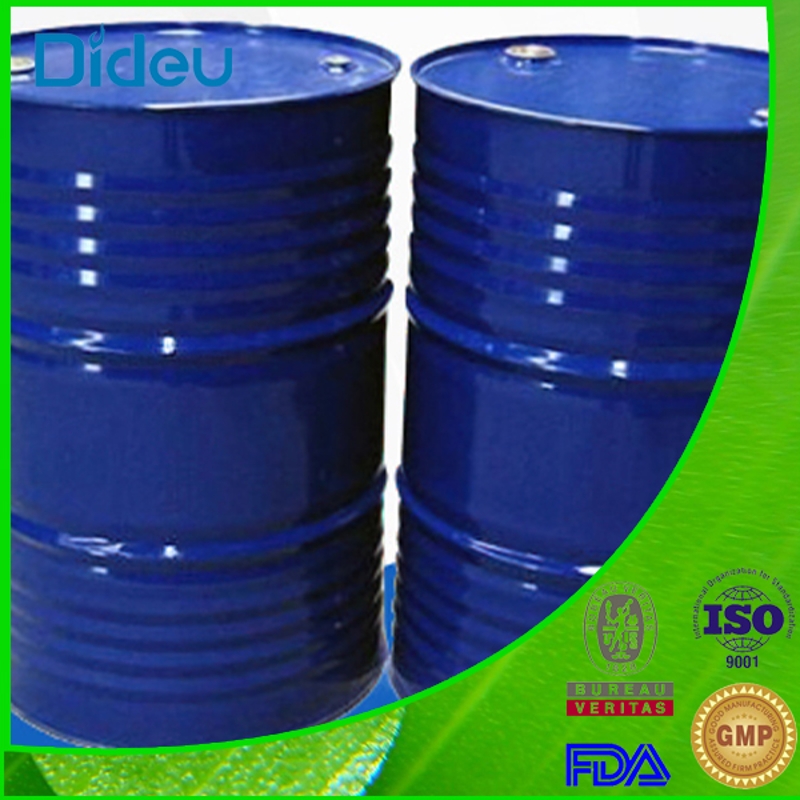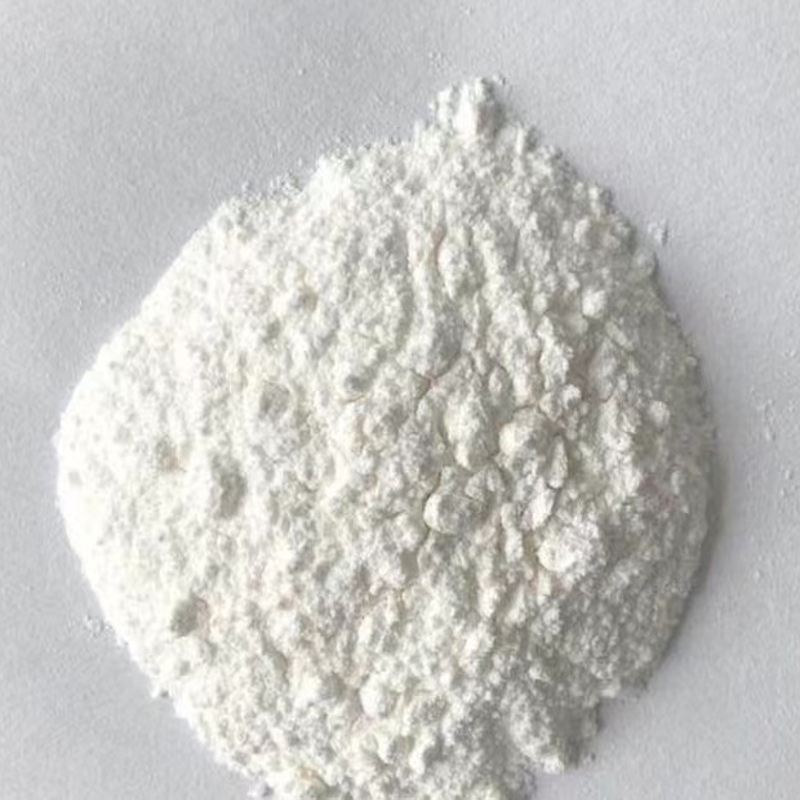-
Categories
-
Pharmaceutical Intermediates
-
Active Pharmaceutical Ingredients
-
Food Additives
- Industrial Coatings
- Agrochemicals
- Dyes and Pigments
- Surfactant
- Flavors and Fragrances
- Chemical Reagents
- Catalyst and Auxiliary
- Natural Products
- Inorganic Chemistry
-
Organic Chemistry
-
Biochemical Engineering
- Analytical Chemistry
-
Cosmetic Ingredient
- Water Treatment Chemical
-
Pharmaceutical Intermediates
Promotion
ECHEMI Mall
Wholesale
Weekly Price
Exhibition
News
-
Trade Service
Moody's upgrades the outlook for the chemical industry's credit rating
Moody's Investors Service, an internationally renowned credit rating agency, has upgraded the outlook for the chemical industry in North America, Europe, the Middle East and Africa from "negative" to "stable," the first time
Moody's has upgraded its credit rating outlook since the outbreak of the coronavirus pandemic.
Moody's said the credit rating of the chemical industry in these regions was upgraded because the current market environment has temporarily recovered
from the extreme weakness in the second quarter.
The environment for chemical producers is unlikely to deteriorate further, but it is unlikely to improve
significantly.
Martin Kirhas, vice president and senior credit rating officer at Moody's, said: "While we expect chemical companies' performance to improve significantly in the third quarter, it will not be sustained due to uncertainty about the sustainability of the current market recovery and the
path back to pre-COVID levels.
”
The Asian petrochemical market is facing overcapacity
Asia's petrochemical market is grappling with oversupply, mainly due to two factors: on the one hand, petrochemical consumption in Southeast Asia is dragged down by the recession in most of the region's major economies, most major Southeast Asian countries contracted sharply in the second quarter, and countries such as Indonesia, the Philippines and India continue to surge
in coronavirus infections.
Fears of a new wave of the pandemic continue to limit overall economic activity
.
On the other hand, the months-long demand explosion after the end of China's economic shutdown is weakening
.
Downstream plants in Asia continue to operate at low operating rates due to sluggish demand, with most producers and end-users facing high inventory constraints
.
U.
S.
refiners accelerate transition to renewable fuels
While there are still doubts about the post-pandemic demand recovery, some U.
S.
refiners have accelerated their transition
to renewable fuels in the face of the twin impacts of rapidly growing demand for clean energy and government support for renewable fuels 。 Corey Lavinsky, biofuels analyst at S&P Global Platts Analytics, said: "Despite the adverse impact of the coronavirus pandemic, the rising Renewable Identification code is due to the $1 per gallon federal biofuel excise tax credit Number and favorable carbon reduction targets, the renewable diesel business is booming
in the United States.
"According to the U.
S.
Environmental Protection Agency (EPA), U.
S.
renewable diesel production in the first half of 2020 increased 13.
1% year-over-year to 262 million gallons
.
Vietnam's demand for imported lubricants will continue to grow rapidly
Khanh Ngo, a senior consultant at Ipsos Business Consulting, said Vietnam is increasingly dependent on imported lubricants
.
"Due to the rise in vehicle sales, Vietnam's lubricant market is currently in a growth phase, and demand outstrips supply, resulting in rising lubricant prices
," NGO said.
However, he said that in the first six months of this year, imports of other petroleum products, including lubricants, fell to $428 million, down 6%
year-on-year, due to the impact of the new crown pneumonia epidemic.
Ngo added: "In the short term, motorcycle lubricants will drive the lubricant import market, and Vietnam is one of the largest and fastest growing motorcycle markets in the world, and this growth will continue
.
" In the long run, sales of automotive lubricants will grow
as Vietnam approaches the tipping point where automotive demand takes off.
”







